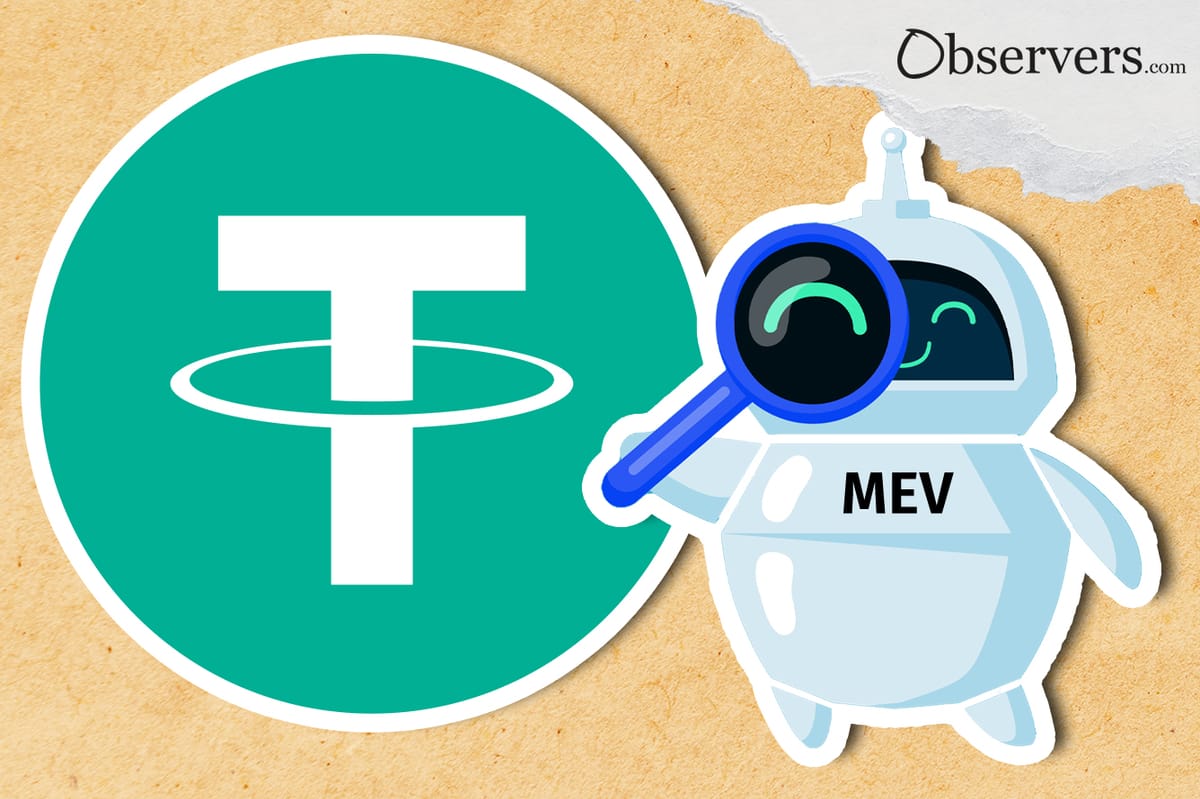
$25m Stolen by Exploiting MEV Bots
On April 3rd, a significant hack took place involving MEV bots resulting in the theft of $25 million worth of various crypto assets such as WBTC, USDC, USDT, DAI, and WETH. The attackers took advantage of a vulnerability in a technique known as the "sandwich attack". To better understand the situation, it's crucial to have an understanding of what "MEV" and the "sandwich attack" refer to.
Certik Alert, which researches blockchain security, reported that a fraudulent validator, with the help of several MEV bots, performed sandwich trades. The strategy involved initiating the exchange of large amounts of tokens for a relatively small number of tokens, followed by the immediate reversal of the transactions by the validator.
#CertiKSkynetAlert 🚨
— CertiK Alert (@CertiKAlert) April 3, 2023
It appears that several MEV bots were exploited in Ethereum block https://t.co/6GwTvIKfPA
The MEV bots were executing sandwich trades which start by swapping millions for a small amount of tokens. The reverse transactions were then replaced by a validator. pic.twitter.com/6v051qg9U8
It is worth noting it is not the first time that MEV bots are hacked. We wrote about it last year, when MEV bots were used to hack one million dollars.
Tether Blocked the Hacker
The recent events surrounding the MEV bot attack have piqued our interest for several reasons. Of particular note, it was revealed on April 11 that Tether had taken action by blocking the validator's address responsible for the hack, which resulted in the hacker receiving 3 million USDT. The significance of this move by Tether was not lost on the crypto community, causing a ripple of reactions and discussions.
Many users believe that such actions by Tether contradict the principles of decentralization. For example, Jaynti Kanani, the co-founder of Polygon, described the situation as a "bad precedent" on Twitter.
That’s a bad precedent. https://t.co/hskmb8BVAi
— Jaynti Kanani (JD) (@jdkanani) April 11, 2023
ZachXBT, a network researcher, suggested that the blocking is due to the fact that Tether has a task on this matter from law enforcement agencies. However, Artur, an engineer at Kraken, stressed that in this case, the attacker had time to withdraw assets because the blocking did not happen immediately.
if that's the case then bro had plenty of time to cash out
— Artur (@tmuxvim) April 10, 2023
It seems that this is a very important point because there have been instances where people turned to USDT due to violations of the principles of decentralization by other stablecoin issuers. For example, blocking addresses associated with the Tornado Cash mixer, which Circle implemented, led to distrust on the part of users, and they began to exchange their USDC in a hurry. However, it is worth remembering that Tether has never declared its decentralization. Will the same happen to USDT? We will continue to Observe and keep you informed of any news on the matter!

